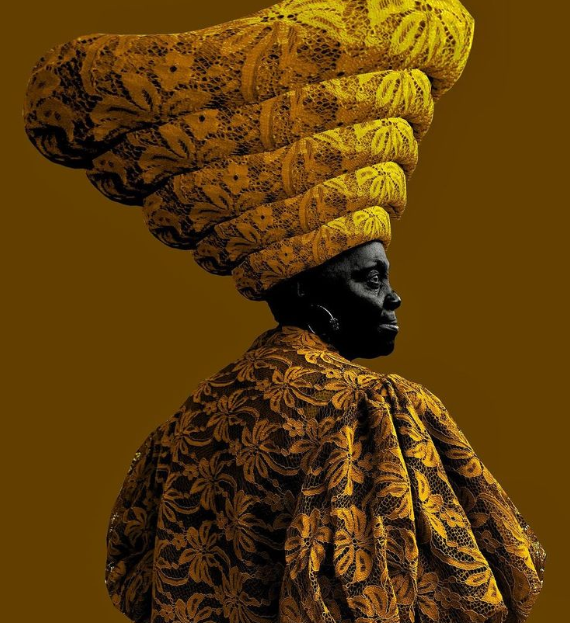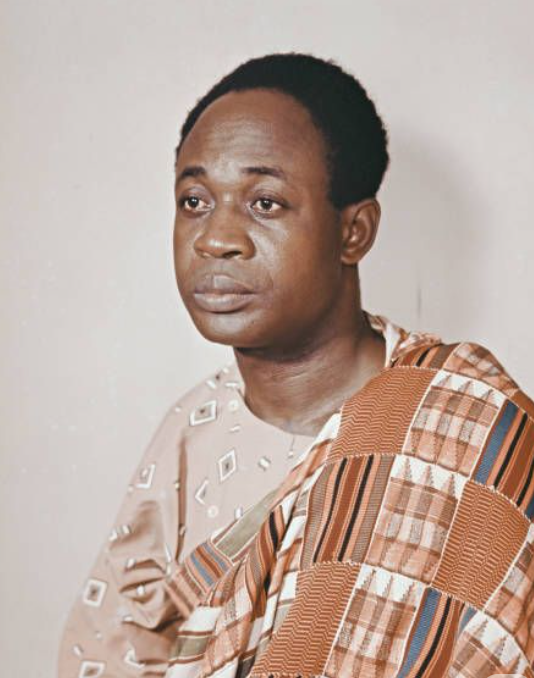Thread by Thread, African Fashion Tells Our Story
Between the numerous tribes of Africa and their diverse cultural expressions, there is only so much the world can admire and absorb at once. But, in the context of culture, time is simply a construct that does not, in reality, affect it, but exemplifies it. Generations may pass, but culture remains, as long as there are people to embody and display this culture to the world. This is one characteristic of African fashion: every piece is more than just art.
Whether it's vibrant headpieces with colored feathers, intricate necklaces made of beads or shells, shiny reflective cloth pieces, or the occasional cap, African fashion embodies more than just style. It goes beyond being a piece of fashion to being worn and admired, making a statement for a culture or tradition that is etched into that tribe's history, stories, folklore, and customs.
This article explores how African fashion embodies the beliefs of a tribe, nation, or individual. Interested? Let's go!
Fashion in Africa Is Not Just That, But Much More
Fashion in Africa is much more than what meets the eye at first, second, and every glance. It is a treasure waiting to be discovered, and when found, it needs to be unearthed for a complete understanding of what it means and symbolizes. Like the regal Kente cloth of the Asante of Ghana, the Shweshwe of Southern Africa (not South Africa), or the Adire of the Yorubas of Nigeria, clothing speaks beyond fashion and is a covering for the body. African fashion, as many non-natives tend to observe long after first discovery, has meanings rooted deep beyond the surface.
African fashion can mean more than just clothing in many ways. Below are specific ways that African fashion stands for tribal, personal, or national identity:
Fashion In Honor of the Departed
In African fashion, wearing certain items is believed to help the wearer connect with their ancestors. Rather than wear a mourning outfit, appearing in a specific headgear, footwear, or gown could be an attempt to stay connected with the recently departed, even in their death.
In Africa, you do not wear something for fun or because you look good. You wear it because it helps you remember. African fashion is a form of spiritual fashion, a way of ancestral communion.
Fashion as Ceremonial Identity
Across Africa, fashion plays a vital role in ceremonies, rites, and rituals, such as births, funerals, marriages, and initiations. A clear example is a ceremony undertaken by the Zulu people, who wear specific beaded necklaces. This neckwear signifies the status of a woman, whether she is single, engaged, or married.
Another example is the Dama funeral ceremony done by the Dogon tribe of Mali. These people don't wear elaborate costumes and masks to communicate with the departed spirits, recent and long-gone.
Wherever these pieces of fashion are seen, they tell a story of what the Dogon believe in, which they have partaken in and become a part of their culture, and essentially, themselves.
Fashion as Opposing Political Power/Rule
For many decades, Africa was a hotbed of colonialism, either by forceful occupation or clever exploitation of the region. In a bid to maintain power over these regions, the colonialists stamped on expressions of African identities by enforcing laws and policies that suppressed and denied the region's inhabitants the right to express themselves culturally. However, culture and African fashion became a tool of resistance.
In apartheid South Africa, South Africans put on their traditional dresses on national holidays, showing resilience even in the face of potential imprisonment or death. In Ghana, President Kwame Nkrumah firmly believed in asserting culture on international stages, as exemplified by wearing Kente to global events. This demonstrated to the world that the people of Ghana took pride in their culture.
Additionally, during the Black Power Movement of the 1960s and 1970s, African-styled hair, such as cornrows and afros, became synonymous with the movement to date.
African Fashion is A Choice, Any day, Anytime
It would be incorrect to assert that fashion is simply about fabric; this is not the case for African fashion. African fashion has always been more than clothing, beadwork, or costume. It has grown over many years to be a source of personal identity for Africa. There might be more tests ahead, but with African fashion, there is a guarantee that it will survive just about anything.


